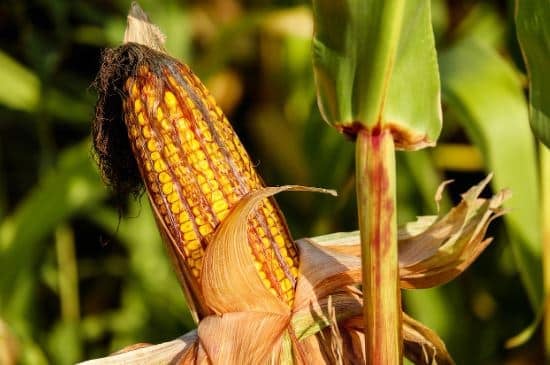EPA Accused of Ignoring Adverse Impacts of Proposed Renewable Fuel Standard

WASHINGTON — The Environmental Protection Agency disregarded ethanol production’s impact on endangered species and other aspects of the environment when it issued the latest iteration of its annual renewable fuel standards, a new lawsuit claims.
The agency published its “final rule” for the Renewable Fuel Standards for 2023-2025 in the Federal Register on July 12.
The new rule would increase total renewable fuel volumes to 22.33 billion gallons by 2025, up 1.7 billion gallons, or 8%, from 2022.
This includes an increase of 120 million gallons in 2023, another 600-million-gallon increase in 2024, and a final increase of 790 million gallons in 2025.
The Renewable Fuel Standards program was established in 2005, and was expanded under the Energy Independence and Security Act of 2007, which specified mandatory volumes of renewable liquid fuel use only through 2022.
The act also empowered the EPA to set levels after that. In doing so, it mandated the agency consider a number of factors, including air quality, climate change, costs, energy security, infrastructure issues, water quality and supply.
But in a lawsuit filed by the Center for Biological Diversity, attorney Margaret Coulter argues the EPA, the U.S. Fish and Wildlife Service and the National Marine Fisheries Services have dropped the ball on that account.
Despite two prior rulings from the D.C. Circuit that the EPA failed to properly consider harm to endangered species, the EPA only requested consultations with the agencies on May 19, 2023 — four days after it had completed its work and sent the final rule to the White House for review, the center says.
The final rule was announced 30 days later. Not surprisingly, the center says, the agencies were not able to complete their analyses in such a short time frame.
And that’s of particular concern because under the Clean Air Act, this was the first year the EPA could set biofuel targets at any level it deemed appropriate because congressionally set minimum requirements ended in 2022.
Most of the specific concerns the center is raising now in regard to impacts on species and habitats are the same as were detailed in its motion for summary vacatur in its 2020-2022 litigation over the renewable fuel standard.
A grant of summary vacatur eliminates the binding effect of regulations for the future, and therefore is especially well suited to pre-enforcement review.
The center, a nonprofit advocacy group based in Tucson, Arizona, says the agencies endorsed the expansion of the use of biofuel nationwide, despite knowing the adverse effects of such a move would negate any benefits the regulators hoped to achieve.
While the fuels are designed to decarbonize the transportation sector, their production eliminates wetlands and prairie land, the group says. It further argues the agencies conducted the new standards while responding to political pressure from the powerful corn lobby.
Nearly 40% of all the corn grown in the United States is used for ethanol production while nearly half is used as animal feed.
In addition to land impacts, the center argues that regulations for pesticides and fertilizers used on corn destined to be an ethanol feedstock are far looser than the regulations applied to corn for human consumption.
This, the center says, will dramatically increase the levels of dangerous chemicals running into ground and surface water supplies.
“Similar to our previous challenge to the 2020-2022 RFS, our goal for the Set Rule litigation is to obtain Endangered Species Act consultation on impacts to protected species and habitats — such as harm to endangered species from land conversion, as well as pesticide and fertilizer use that harms water quality and exacerbates ocean dead zones—prior to EPA’s issuance of the rule,” Coulter said in an email to The Well News.
According to the center, the EPA also failed to follow its own rules when it came to finalizing the new ethanol regulations and should have consulted with its fellow agencies much sooner in the process than it did.
The matter is now before the U.S. Court of Appeals for the District of Columbia.
Dan can be reached at [email protected] and at https://twitter.com/DanMcCue

























